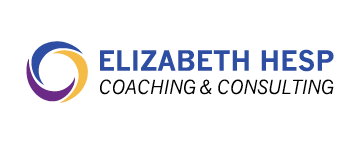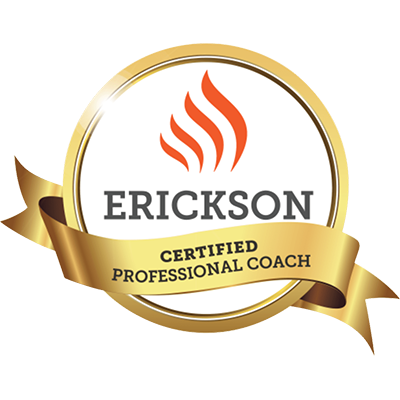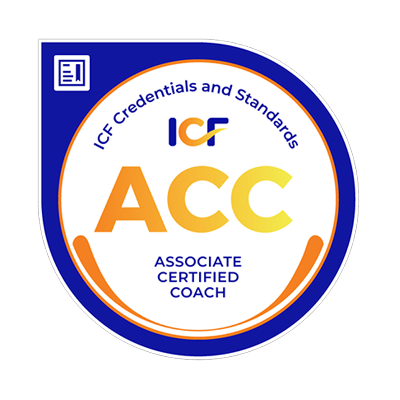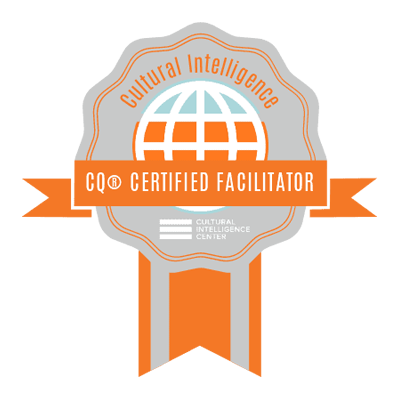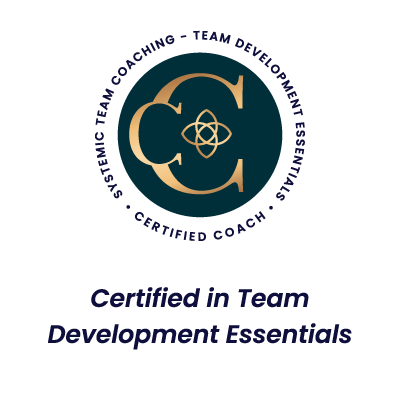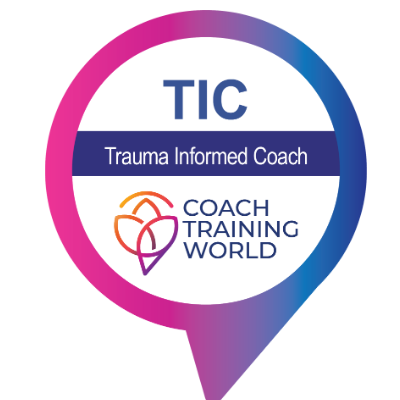We are creatures of habit.
What happens when we experience or anticipate a sudden change in our career, business, or personal life? Our first instinct is to resist the difference because the unfamiliar makes us feel uncomfortable, and we don’t like that in the first instance. Or at least our brains don’t like that for sure.
Imagine a prehistoric man walking to the same watering hole at each daybreak and knowing what to expect and preparing for the situation. It meant surviving that trip and living for another day. As a species, we have evolved a long way since then, but our emotional response is still the same.
Experiencing the familiar builds a sense of security even if the situation is not working for us; thus, the old adage, ‘a known devil is better than an unknown angel.’ Feeling secure connects to feeling safe, and safety is of paramount importance for survival. In fact, the brain’s primitive limbic part supports our automatic and routine behavior in response to the immediate environment and wires us to the familiar.
Holding on to an unsatisfactory job, unprofitable business, or failing relationship makes us feel comfortable at the moment, even if we are unhappy and unfulfilled.
But does always feeling comfortable help us to progress? Does it solve our problems?
According to Einstein, we cannot solve our problems with the same thinking we used when we created them.
Creating change requires consciously creating new habits and charting new neural pathways. This is where a different part of the brain called the neo-cortex plays an active role. This more advanced part of the brain helps us with conscious decision-making and action-planning. The neo-cortex supports our high-level thinking, problem-solving, language, planning, vision, and pattern recognition. Through evolution, pattern recognition has helped the human species to predict outcomes and respond accordingly.
So how do we jump from our automatic limbic part of the brain to the more conscious neo-cortex? How do we raise our awareness of why we may need a specific change?
Here intent comes into play, motivating our need for change, based on the end result or improvement we want.
According to Leina Fleig and colleagues (2013), action planning and behavior operated as sequential mediators to bridge the gap between intentions and habit strength.
But it is not always easy to change our habits even with good intent in place. Between noticing the situation demands change and being able to embrace it something else comes into play, impeding our progress towards solution-making to live more fulfilled lives. It is our inertia or resistance to change based on the following five factors.
Fear of the Unknown:
Not knowing what’s ahead slows us down, kicking the amygdala into action, and causing us to feel afraid or threatened by the unknown. Imagine wanting to leave your well-paid but an unsatisfactory job to open a bakery downtown because you love to bake and are always giving away free goodies to the delight of your neighbors, friends, and family. Without any business knowledge, you are not sure where to start. Letting go of the familiar pay-check may also be uncomfortable but is blocking you from living your passion.
Loss of control:
Experiencing change is like walking a new territory without a map. We have little control over the experience of our outcome. Our limbic brain’s survival feels threatened without automatic and expected habits in place as we have to adapt to new ways of doing and being.
Vulnerability:
Being open to change requires us to step out of our comfort zone and embrace our insecurities. The familiar protective blanket of the predictable environment disappears, and we become vulnerable to others’ scrutiny. After the struggle of a divorce or a job transfer and relocation or diagnosis of chronic illness, we have to build new habits and a new way of living. This comes with its challenges and can take an emotional toll.
Breakdown of identity:
Over time who we are to ourselves and others around us becomes a fixed identity dependent on our relationships, career, business, cultural values, socioeconomic status, etc. Any change in those sectors creates upheaval and, almost predictably, a breakdown of our roles and personal image. Imagine a top executive suddenly losing his job and his corporate identity after being with a company for over 15 years. It can be emotionally devastating unless coping methods and support are in place to guide him to seek out a new corporate image and position.
Accountability:
Making change requires us to be transparent with our intent and hold ourselves accountable for the positive outcomes we want in the future. This can be intimidating for some. It requires effort, planning, conscious decision-making, and commitment to focus on making new habits work for us. We need to raise awareness in our neo-cortex and stick with what is uncomfortable now to become comfortable later. It is hard work, and many may shy away.
It all depends on how you look at change—your perspective matters in the end. Your emotional state matters too. Are you feeling exhilarated about advancing your career or stepping into that entrepreneurial role to positively impact your community and beyond? Are you feeling anxious about moving to another big city away from family and starting a new life with your soulmate?

photo credit: Elizabeth Hesp
Checking in with yourself and accessing support when you need it may make a big difference in how fulfilled you feel. Giving yourself permission to learn to become familiar with the unfamiliar will inevitably create growth and fulfillment possibilities ahead. It will melt away the resistance.
Look at the ancient Nautilus and its many chambered shell for inspiration. Every time this cephalopod outgrows its living quarters it builds a new one and keeps growing outwards, overcoming the discomfort of cramped quarters.
Change is the only predictable part of living and can be beautiful. Let’s embrace all the possibilities of a new way of being, shall we?
